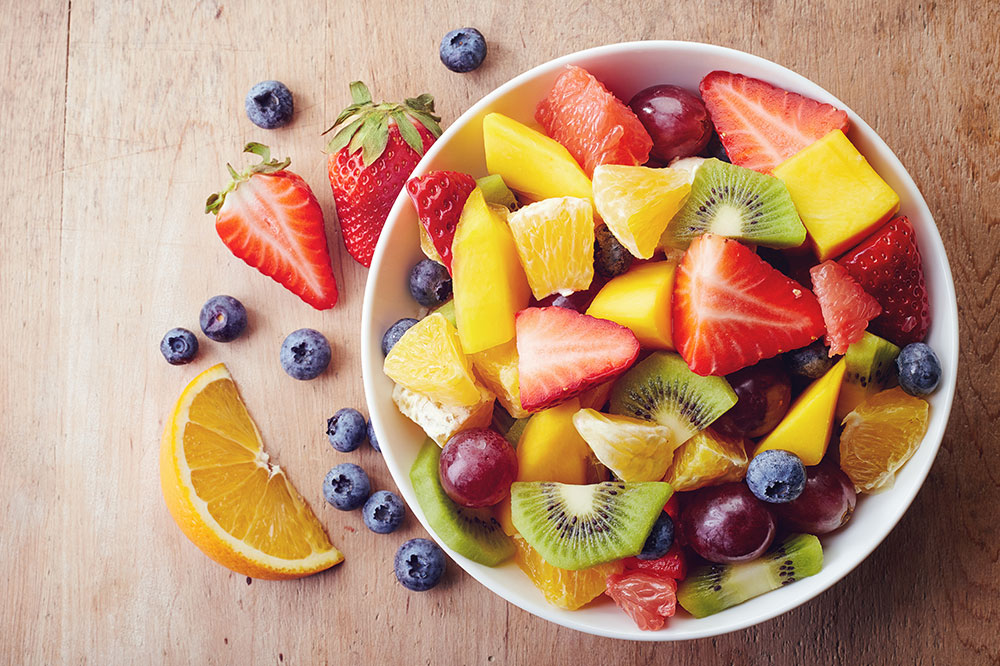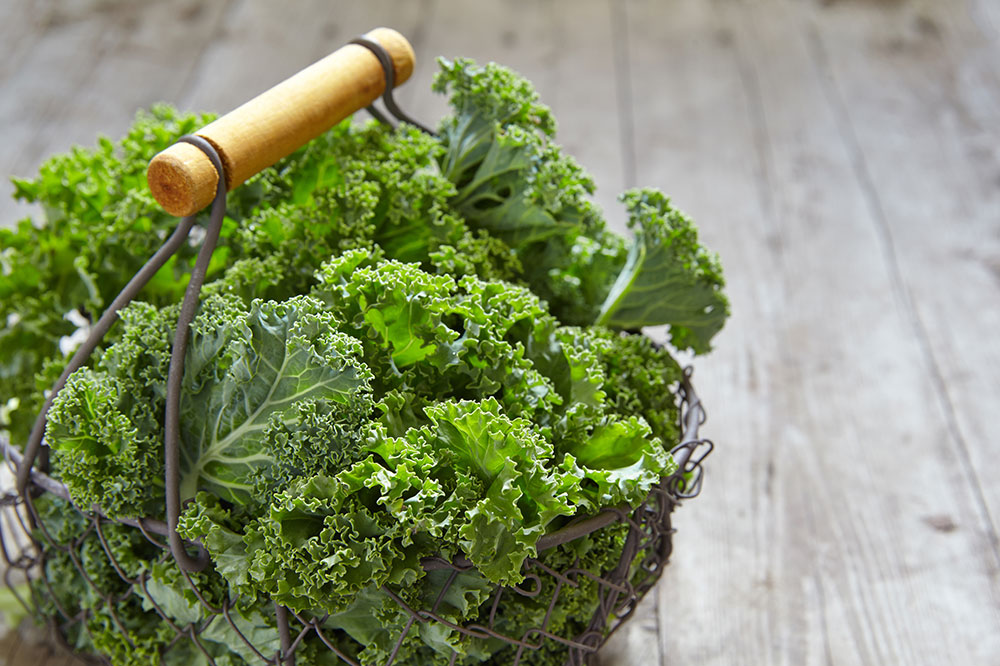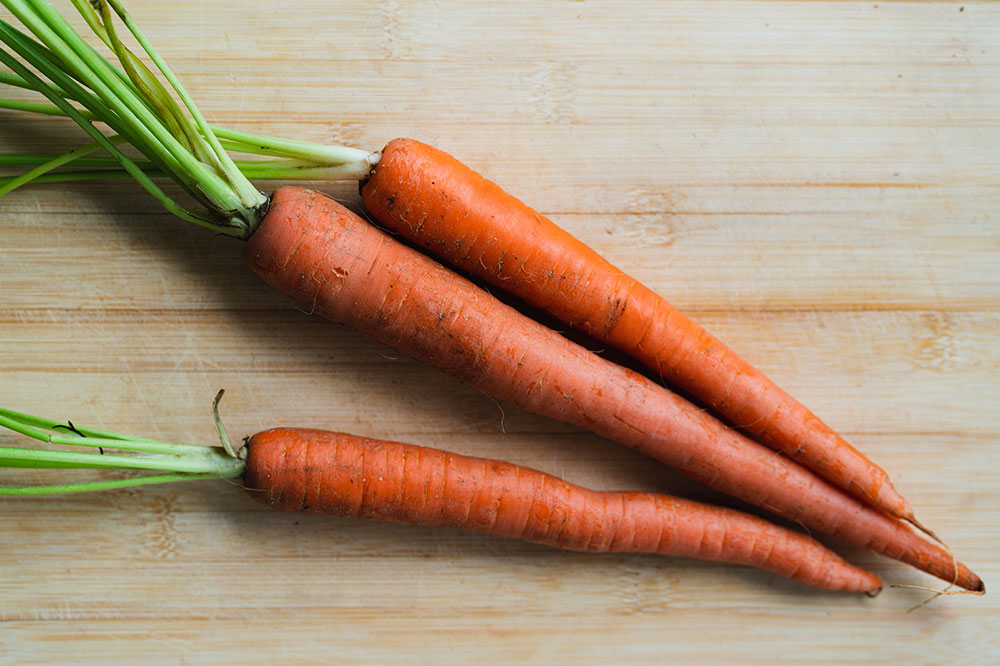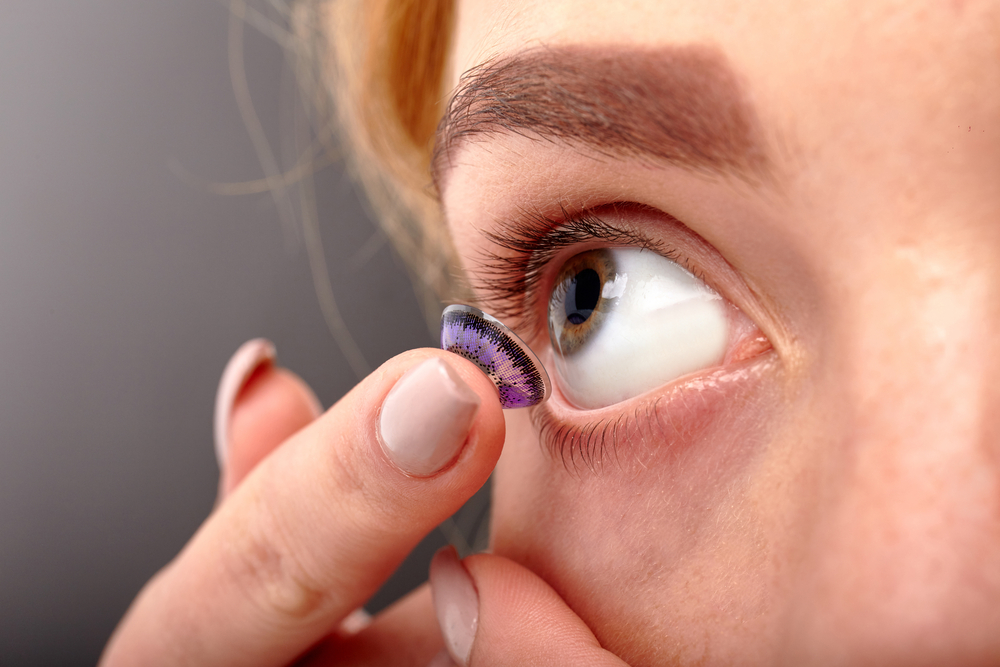Comprehensive Nutritional Strategies to Support Eye Health and Manage Presbyopia
Discover comprehensive nutritional strategies to support eye health and manage presbyopia effectively. Learn about essential foods like whole grains, omega-3-rich fats, green tea, and leafy greens that help preserve vision and slow age-related eye disorders. Adopt these expert tips to promote healthy eyesight and improve quality of life as you age.

Essential Dietary Tips for Presbyopia and Overall Eye Wellness
Presbyopia, a common age-related vision condition, gradually impairs the eye's ability to focus on near objects. Typically developing in individuals over 40, presbyopia affects daily activities, reading, and overall quality of life. While age is a natural factor, lifestyle and dietary choices play a crucial role in supporting eye health and potentially delaying the progression of presbyopia. The right nutrition can bolster ocular tissues, reduce inflammation, and protect against degenerative eye diseases. In this comprehensive guide, we explore four vital nutritional approaches, focusing on specially selected foods that are rich in essential nutrients crucial for maintaining healthy vision as you age.
1. Embracing Whole Grains and Fiber-Rich Cereals
Incorporating whole grains and high-fiber cereals into your diet is a foundational step toward maintaining optimal eye health. Foods such as oats, brown rice, quinoa, barley, and whole wheat products are excellent options. These foods have a low Glycemic Index (GI), meaning they impact blood sugar levels more gradually, helping stabilize insulin levels and reducing oxidative stress, which can damage ocular tissues over time. Consuming low-GI foods like these is not only beneficial for managing presbyopia but also decreases the risk of developing age-related macular degeneration (AMD), a leading cause of vision loss among older adults.
Moreover, whole grains supply vital nutrients such as vitamin E, zinc, niacin (vitamin B3), and antioxidants that support the health of the retina and other eye structures. Zinc, for instance, is concentrated in eye tissues and plays a pivotal role in transporting vitamin A from the liver to the retina, ensuring proper visual function. Vitamin E acts as a potent antioxidant reducing free radical damage in eye cells. Including a variety of these grains daily can fortify eye health and promote overall well-being.
2. Consuming Healthy Fats for Optimal Ocular Function
Healthy dietary fats, especially omega-3 fatty acids, are integral to maintaining proper eye structure and function. Rich sources such as fatty fish—salmon, mackerel, sardines, and anchovies—are highly recommended for regular consumption, ideally twice a week. Omega-3s, particularly docosahexaenoic acid (DHA), build the membranes in the retina, enhancing visual sharpness and reducing the likelihood of dry eye syndrome, which often worsens with age and presbyopia.
Plant-based sources like walnuts, flaxseeds, chia seeds, and canola oil also provide beneficial omega-3s, primarily alpha-linolenic acid (ALA). These fats help lower inflammation and support vascular health throughout the body, including ocular blood vessels, which is essential for nutrient delivery to the eyes. Furthermore, studies suggest that a diet high in trans fats and saturated fats—commonly found in processed snacks and fried foods—may increase the risk of cataracts and overall eye degeneration. Therefore, replacing unhealthy fats with omega-3-rich foods can make a meaningful difference in preserving eye health over the years.
3. Drinking Green Tea for Antioxidant Support
Green tea is renowned for its high concentration of antioxidants, particularly catechins, which play a significant role in neutralizing free radicals that cause cellular damage in the eyes. Regular consumption of green tea offers numerous health benefits, including improved brain function, enhanced fat metabolism, and reduced cancer risks. Specifically, for eye health, these antioxidants help protect retinal cells from oxidative stress, a major factor in age-related diseases like AMD and diabetic retinopathy.
In addition to its antioxidant properties, green tea supports cardiovascular health and helps regulate blood glucose levels, indirectly benefiting visual health. Maintaining stable blood sugar levels prevents diabetic complications that can impair sight. Incorporating a few cups of green tea daily into your routine can be a simple yet effective way to bolster your eye defenses and maintain good vision as you age.
4. Prioritizing Leafy Greens Rich in Carotenoids
Dark leafy greens such as spinach, kale, collard greens, and Swiss chard are powerhouse foods loaded with lutein and zeaxanthin—two carotenoids that are crucial for eye health. These compounds are concentrated in the macula—the central part of the retina—and serve as natural sunscreens, filtering harmful blue light rays that penetrate into the eye tissue, thereby reducing the risk of macular degeneration and cataracts.
Regular intake of leafy greens can improve visual acuity, protect against oxidative stress, and slow age-related degenerative processes. Furthermore, these vegetables are rich in other nutrients like vitamin C, vitamin E, and fiber, which contribute to vascular health, immune function, and overall disease prevention. Consuming a generous amount of leafy greens daily—either raw in salads or cooked—can significantly bolster your eye's resilience against damage and support clear vision through the aging process.
Additional Lifestyle and Nutritional Tips
While specific foods and nutrients are essential, maintaining a well-rounded diet is key to preserving eye health. Adequate hydration, balanced intake of fruits and vegetables, limiting processed foods high in trans and saturated fats, and avoiding excessive alcohol and smoking are important habits. Regular eye check-ups and protective measures such as wearing sunglasses that block UV rays further complement nutritional support.
In conclusion, although presbyopia is a natural part of aging, strategic dietary choices can support eye health, potentially delay progression, and improve quality of life. Incorporating whole grains, healthy fats, green tea, and leafy greens into your daily diet offers a holistic approach to protecting your vision through the years.





